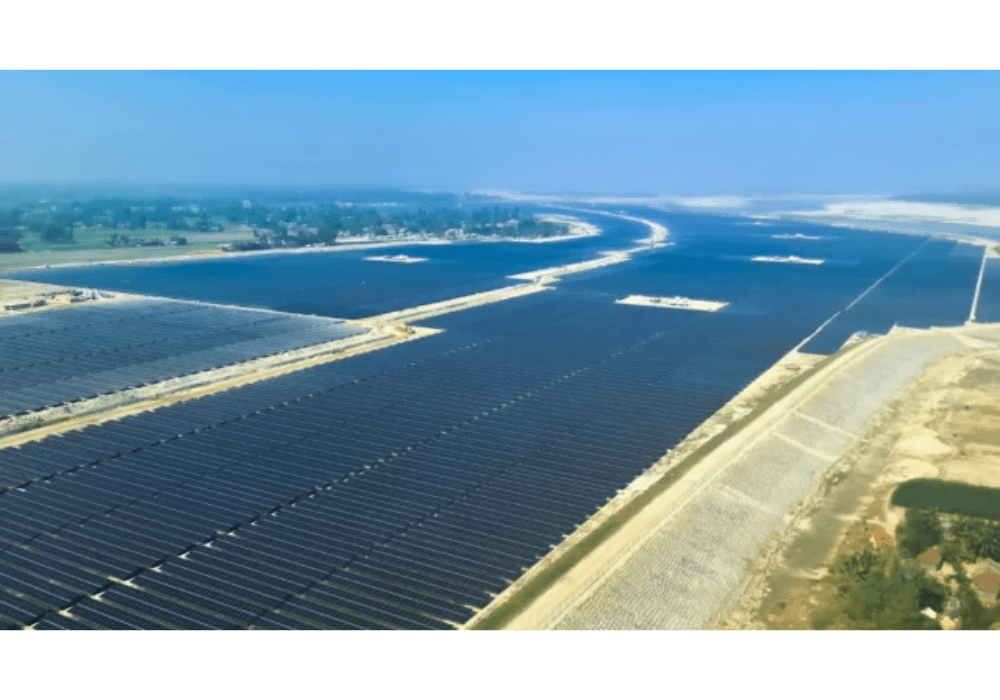The government has launched a large-scale rooftop solar project to install solar panels at around 46,000 educational institutions and hospitals across Bangladesh, marking a major step toward achieving the country’s renewable energy targets. The initiative, led by the Power Division, will be implemented under the National Rooftop Solar Project in collaboration with five other government divisions across three ministries.
Read More: Foodpanda and Dongjin Join Hands to Drive Eco-Friendly Deliveries
Once completed, the institutions are expected to collectively generate about 1,454 megawatts (MW) of electricity from sunlight, utilizing a total rooftop area of 308 lakh square feet. All generated power will be connected to the national grid, allowing these institutions to use their own electricity and sell any surplus to the grid, helping both reduce costs and strengthen national power supply.
At the signing ceremony held at Bidyut Bhaban, Fouzul Kabir Khan, adviser to the Ministry of Power, Energy and Mineral Resources, urged all concerned to complete necessary procedures by February 2025. He noted that with the declining cost of solar technology, installation has become simpler and quicker, describing it as “plug and play.” Tender processes are to be completed by December 10, with most notices already floated by the participating power distribution companies.
Khan emphasized that renewable energy is now a necessity amid global fuel shortages and limited local gas exploration success. He added that solar energy will not only lower institutional electricity costs but also reduce the government’s overall generation expenses.
Read More: Digital Payments Grow 10 Percent, But Cash Still Leads
Power Division Secretary Farzana Mamtaz, who signed the MoUs on behalf of the division, said the project aligns with Bangladesh’s goal to generate 20% of total electricity from renewable sources by 2030 and 30% by 2040. The implementation will involve private sector participation, where investors can access loans at just 5% interest under Bangladesh Bank’s refinancing and other green financing schemes.
Once operational, this initiative will contribute significantly to the nation’s clean energy transformation, ensuring sustainable power generation for schools, hospitals, and the broader community while reducing dependency on imported fuels.


